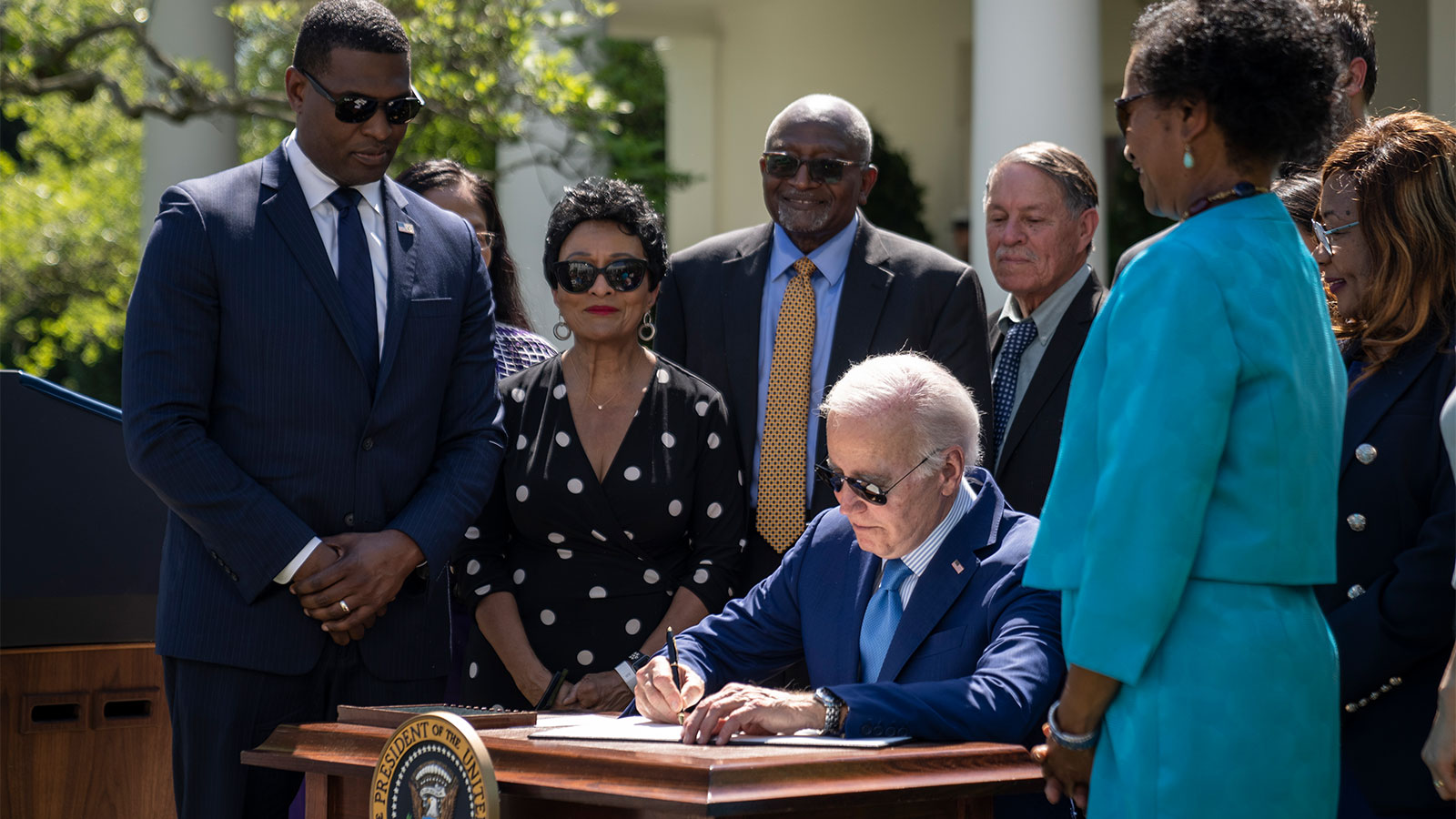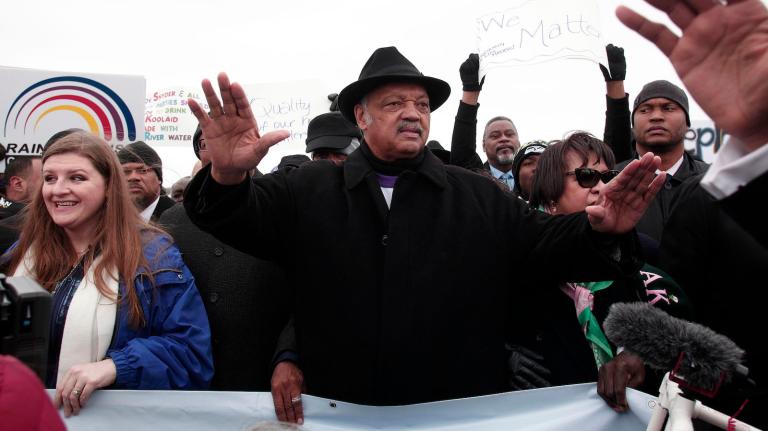A new executive order signed by President Biden last week is changing the way that pollution is assessed in contaminated neighborhoods, which could bring greater resources to long-suffering areas.
The executive order signed on Friday will take into consideration not only current but previous exposure to pollution and climate change for government approval of new industrial projects in or near residential neighborhoods. In the past, earlier pollution or pre-existing plants were not taken into account.
The move could bring more funding for cleanups, as well as greater community input on future projects in places where residents have already felt the disproportionate impacts of industrial pollution. Often, in low-income neighborhoods and communities of color, multiple polluting facilities exist within just a few miles of each other. Repairing the damage can take millions of dollars.
“It’s been something that environmental justice communities have been trying to push for for decades,” said Alexia Leclercq, an organizer at PODER, an environmental justice group fighting for Latino and Black communities in East Austin, Texas. “And it was kind of something that was considered controversial.”
The executive order also stipulates people in these areas will need to be notified in a timely manner of any toxic chemical release, a move that comes after the East Palestine train derailment in Ohio and after different chemical explosions have emitted toxins into communities across the U.S.
But for Keisha Brown, the executive order has come too little, too late. She’s an activist with ENACT, an environmental justice group in Alabama. This newest move by the Biden administration can’t undo decades of unjust pollution that her predominantly Black community has endured in North Birmingham.
“The damage is done,” said Brown. “You got folks with four, five different illnesses. That’s not good, so it’s just people still gonna be suffering. It’s not going to be better.”




